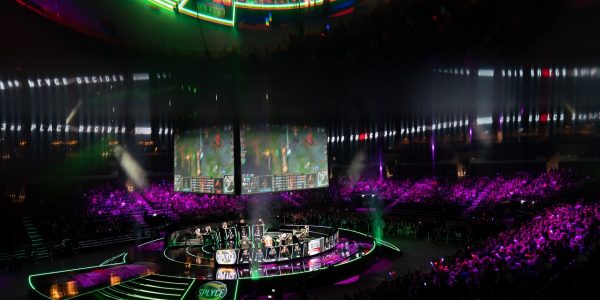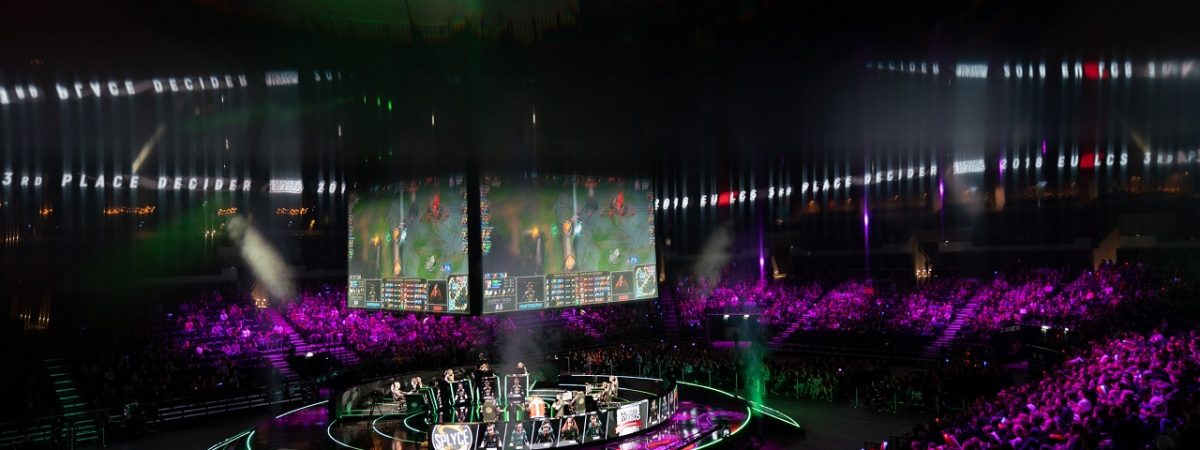Just as esports has enjoyed an incredible period of growth in recent years, the esports betting industry has grown rapidly alongside it. Following the 2018 decision by the US Supreme Court to decriminalise sports betting, esports betting has looked to be a lucrative opportunity for investors and businesses alike. However, reports of unregulated betting operators, match-fixing, and other suspicious betting practices are rising sharply in the lower echelons of the industry. Is this something which the esports industry should be taking seriously? If so, what should the industry be doing to protect their consumers?
The Meteoric Rise in Value of the Esports Industry
Even twenty years ago, the esports industry was almost nonexistent. In the world of competitive sports, there aren’t any direct parallels to its sheer meteoric rise. Indeed, the growth of esports owes a lot to the simultaneous surge in popularity of live-streaming and platforms like Twitch. Having risen only recently out of relative obscurity, the value of the esports industry has exploded. While the valuation and revenue of esports teams has yet to reach the level of major athletic sport teams, they are certainly closing the gap at a startling pace.
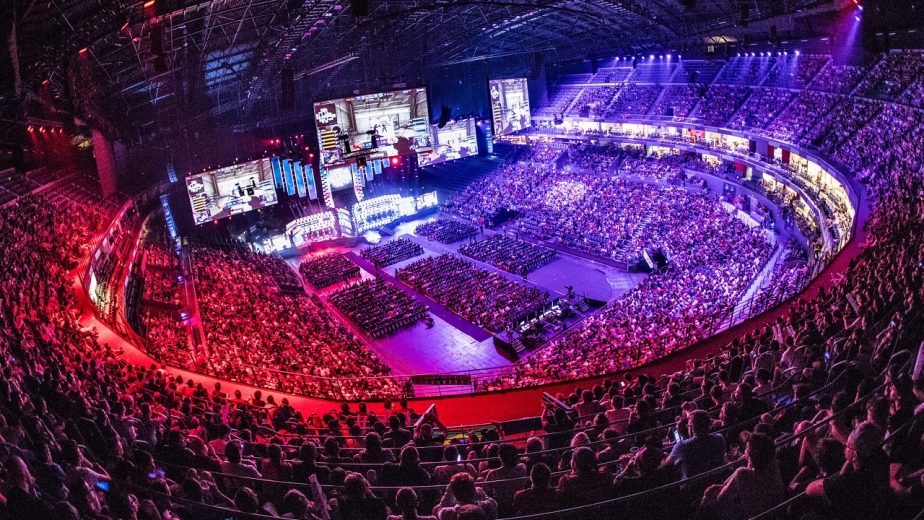
Interestingly, the revenue multiples of some esports teams actually greatly exceed those of major sport teams; a fact which led a recent report by Forbes to theorise that the growth of esports teams more closely resembles that of technology companies than their counterparts in athletic sports. As such, there is a marked possibility that, just as the revenue of the gaming industry has overtaken that of the film industry in recent years, that esports revenue could rise to the level of, and even exceed, that of traditional athletic sports in the near future. With that level of growth and revenue potential, it’s no surprise that businesses are keen to invest in esports opportunities. However, this breakneck expansion and the unique circumstances of the esports industry have also resulted in growth for more problematic areas.
The Recent Spread of Esports Betting in the US
Last year, the US Supreme Court struck down a federal law which, for decades, had rendered all sports betting in the US illegal. In an environment where esports is on the rise and ripe for investment, it should come as no surprise that many investors and businesses were primed to take advantage of the legalisation. Thus far, almost half of all US states have passed laws legalising sports betting in one form or another. Indeed, Tennessee recently became the first state to legalise “online-only” sports betting. More states are expected to pass laws legalising sports betting in the next year or so.

Already, companies are shifting to incorporate esports betting into their business models. Take, for example, the gaming venue company GameWorks. The company, which has previously focused on providing arcade-style gaming venues for events, announced a partnership earlier this year with SCCG Management, a casino management consultancy firm. The aim of the partnership was no secret; “to bring venue-based, peer-to-peer wagering esports Lounges to casinos nationwide,” read GameWorks’ press release.
While existing companies are shifting to take advantage of the new business opportunities, there are also numerous startups with ambitions in esports betting. These aren’t all small enterprises, either. Last year, esports betting startup Players’ Lounge announced that Drake had invested in their business. He was far from alone; since 2014 Players’ Lounge has received investments from companies like Comcast, Courtside and RRE, not to mention millions of dollars coming from Silicon Valley investors. While Players’ Lounge is one of the largest startups, it’s certainly not the only one to receive large-scale investment. Indeed, one need only look at a site like esportsbets24.com to see the dozens of esports betting sites currently available to consumers.
The Simultaneous Rise of Suspicious Esports Betting
Unfortunately, there are signs that the esports betting industry is also open to exploitation by far less reputable enterprises. Last month, the ESIC held a summit in Malta, inviting industry leaders to discuss what they termed an “alarming” rise in suspicious esports betting. An industry watchdog, the Esports Integrity Coalition monitors the esports industry closely. Indeed, a major area of concern for the group is currently illicit betting practices. The primary reason for last month’s summit was that in the last year alone there has been a shocking increase in the number of “suspicious” betting reports received by the ESIC; a 75% increase on average, with title-specific increases as high as 100% in the case of DOTA 2.
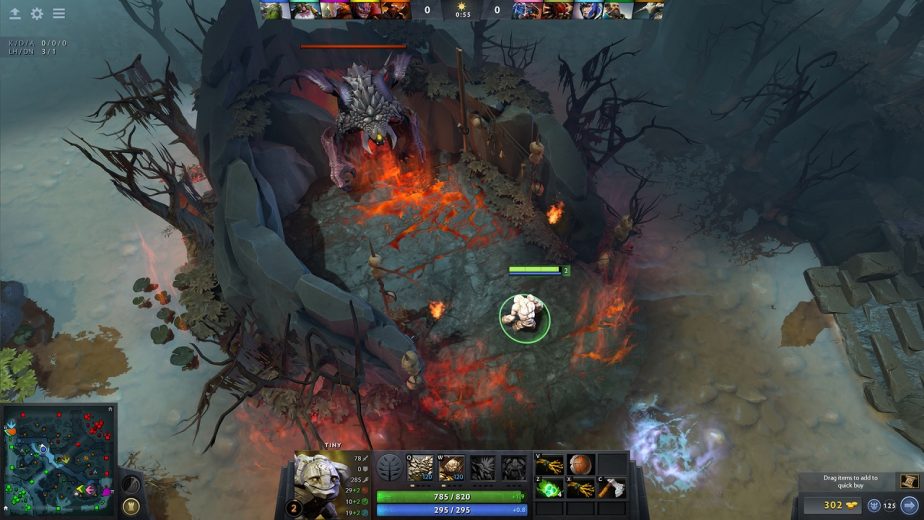
“The numbers of suspicious bet notifications being received by the ESIC now are alarming,” said ESIC Integrity Commissioner Ian Smith; “While we’re confident that most of the top tier competitions are now operating to the highest standards of integrity, we’re deeply concerned with what is happening in the lower echelons of esports.”
What This Points to in the Esports Industry
It’s hard to ignore the fact that this sharp rise in suspicious betting has occurred following the Supreme Court’s 2018 legalisation. To make matters worse, the problem could also be even more widespread than it appears. When it comes to match-fixing, for example, the ESIC estimates that they spot no more than 10% of incidents. All of this highlights the current lack of regulation and monitoring of the industry in general. New online betting operators, especially smaller sites, can operate with relatively little scrutiny. In such an environment, it’s no surprise that some are exploiting the situation illegally.
At the summit, there were a number of potential countermeasure proposals. One of these, for example, was a greater emphasis on the education of esports fans in how to spot unregulated or otherwise illegal operators. This is something which has been implemented to some degree in the UK when it comes to general online betting. However, this and other solutions face two major obstacles; a lack of funds and a lack of authority.
Industry Differences: What Esports Can Learn From Sporting Regulation
Speaking at the ESIC summit, Ian Smith was pleased that many major esports stakeholders were in attendance. However, the same could not be said for publishers and development studios; “This now needs everyone involved,” he said; “in particular we need all esports related game developers to start taking this issue seriously given that, to date, not one developer has contributed one dollar to our fight for competitive integrity in esports and we are in danger of being overwhelmed.”

The esports industry’s sudden growth has opened up many opportunities for profit, but at the same time, important parts of the industry have been neglected. As one example, every major athletic sport has some form of regulatory or governing body. No such body exists for the esports industry. Without a faction to set and enforce regulation, the spending to combat problems like illicit betting practices is shockingly low. The annual budget for integrity efforts set by the governing body that oversees professional tennis, for instance, is $3,000,000. That figure is 12 times what is currently spent annually by the entire esports industry (roughly $250,000). At present the industry seems to be turning a blind eye to the problems festering on its fringes. However, they may not be able to do so forever.
Is Self-Regulation the Answer to Combating Suspicious Esports Betting Practices?
In a report published in May, the ESIC warned that the esports industry needed to come together or else face outside interference; “It is time for each part of the esports industry to acknowledge that it cannot isolate itself in its own world without consequence or recognising its place in the overall ecosystem,” the report reads; “[…] It’s time for the powers that be to lock themselves in a room and decide whether they want to make their own rules or have rules made for them by unsympathetic politicians and bureaucrats.”
The precedent for such self-regulation certainly exists for the gaming industry. The ESRB, the board which regulates age ratings for video games, was founded in 1994 after the US government threatened the gaming industry with federal regulations. In response, the industry came together and self-regulated. One aspect is important to note, however, about that case; at the time, the issue of violence in video games was firmly in the public zeitgeist.
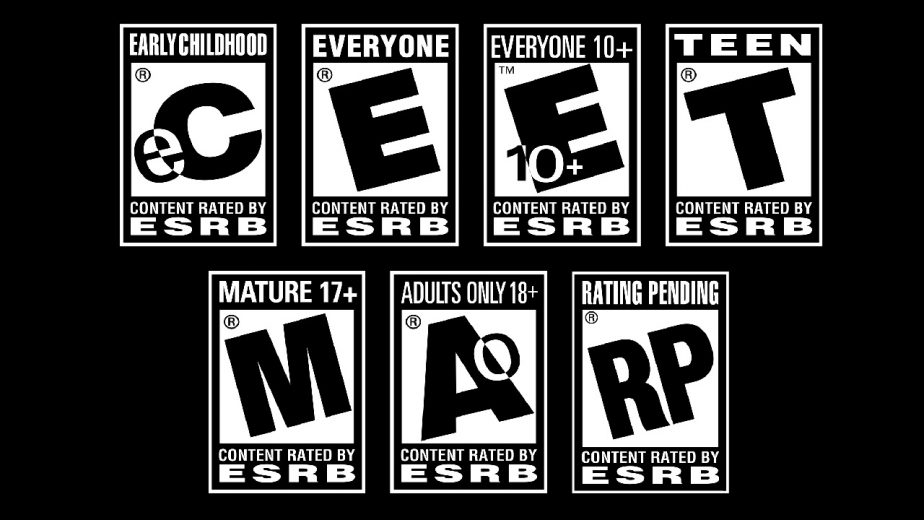
Suspicious esports betting doesn’t currently have that same level of public awareness. However, if the industry continues to grow rapidly with little to no regulation or funding for countermeasures, it’s likely that more and more people will become aware of the problem.
Just last month, EA had to defend their lootbox practices before a parliamentary committee in the UK; just the latest incident of governments beginning to look at the less scrupulous profit motives of gaming companies with greater scrutiny. It’s certainly not outside the realm of possibility that the esports industry might face the threat of governmental regulation in the near future. As such, self-regulation may be inevitable. Certainly, just as the gaming industry did in 1994, it’s likely that the esports industry will see self-regulation as infinitely preferable to federal regulation.
How Long Can the Industry Remain Blind?
For now, it’s unlikely that the esports industry will do much to move against unregulated betting operators, match-fixing, and other integrity issues. At least not in the near future. At present, the industry is too fragmented and there aren’t enough incentives for them to come together. Unfortunately, given the dramatic rise in suspicious betting reports in the last year alone, it’s clear that this issue won’t go away on its own. Unless something changes, the meteoric growth of the esports industry is set to continue. Facing greater and greater attention, it’s inevitable that calls for regulation will increase, and not just from the ESIC.
